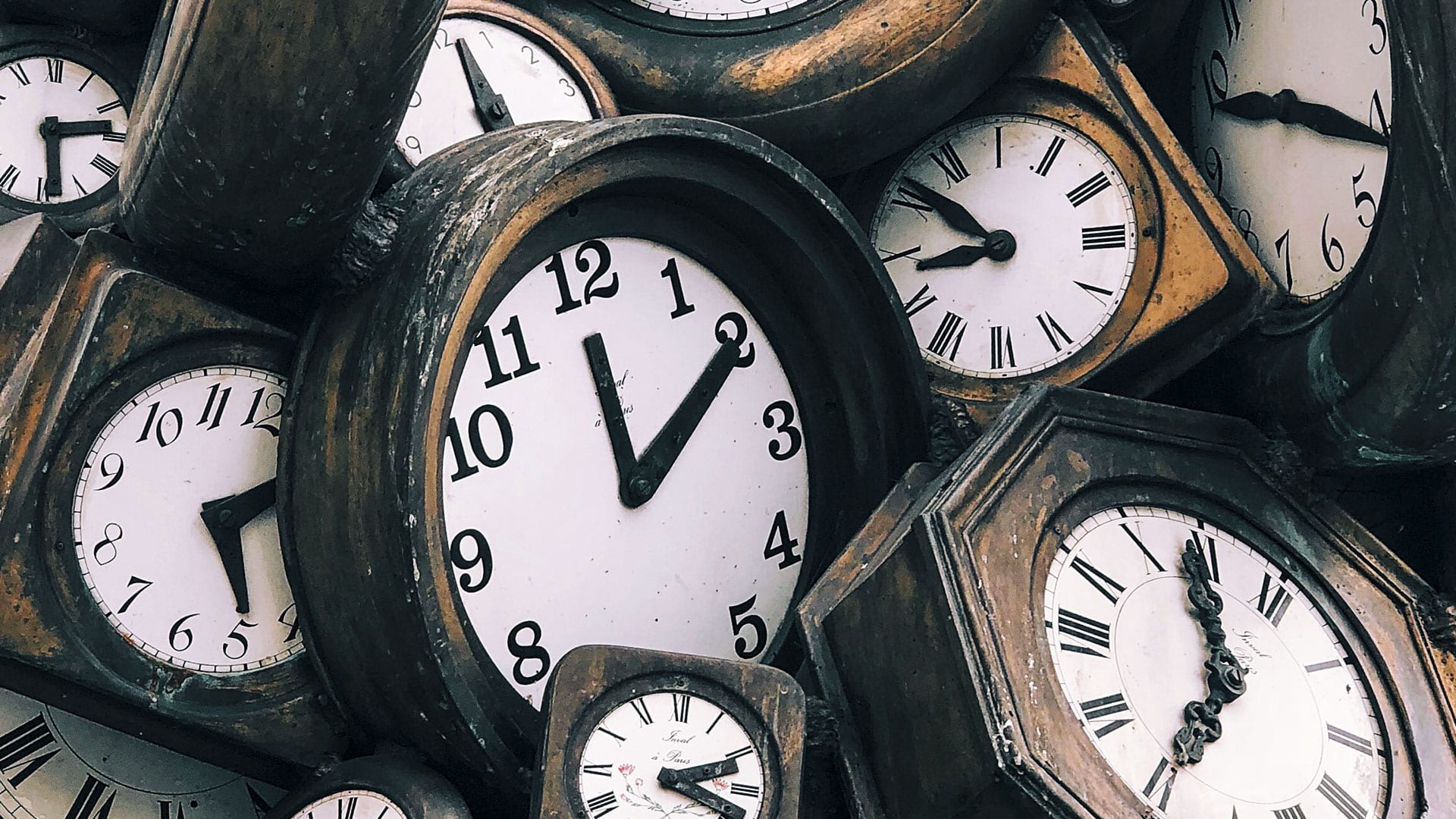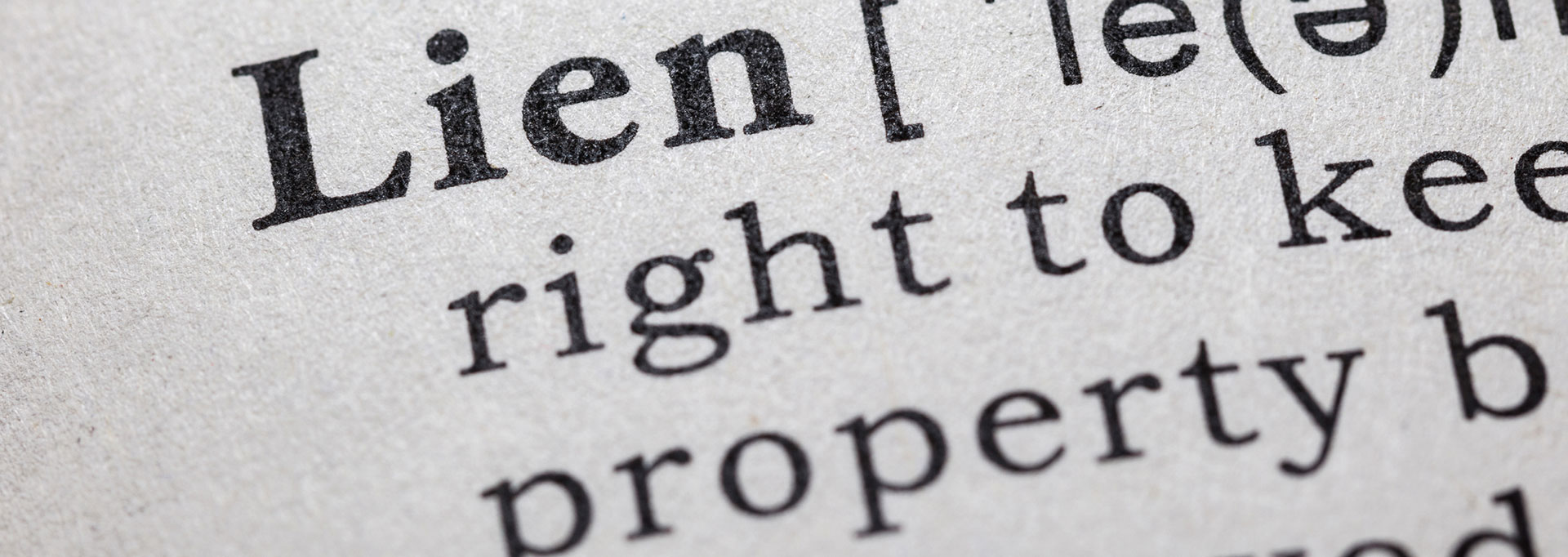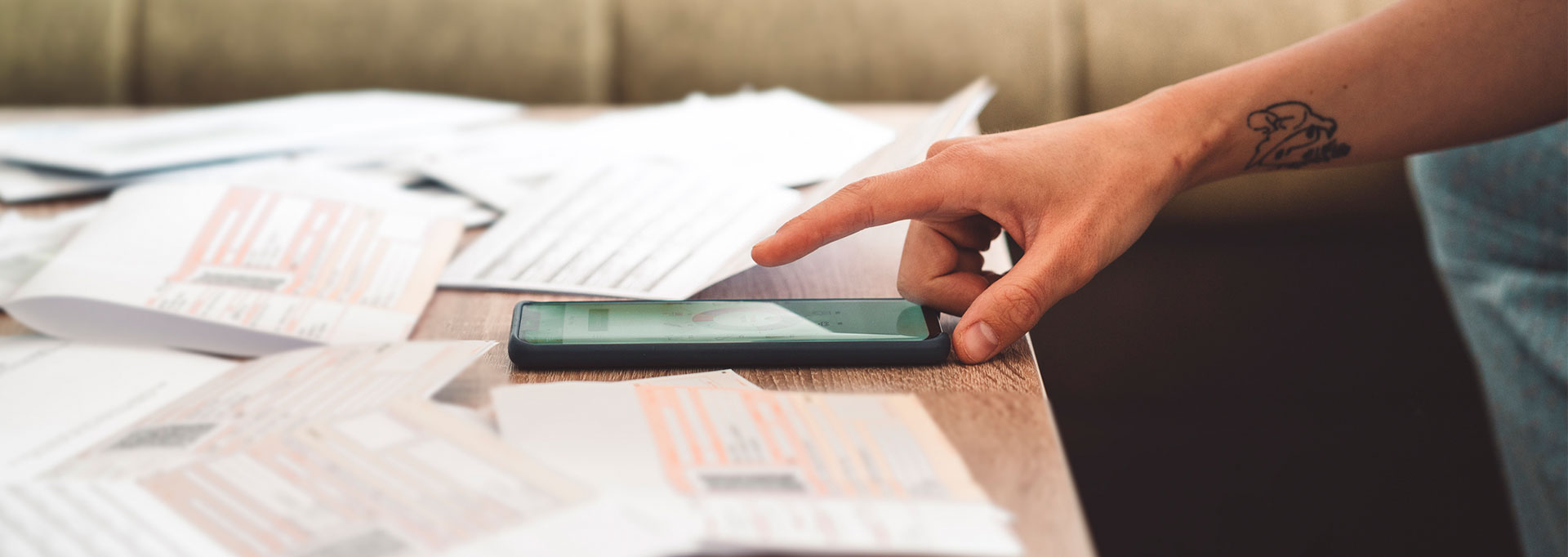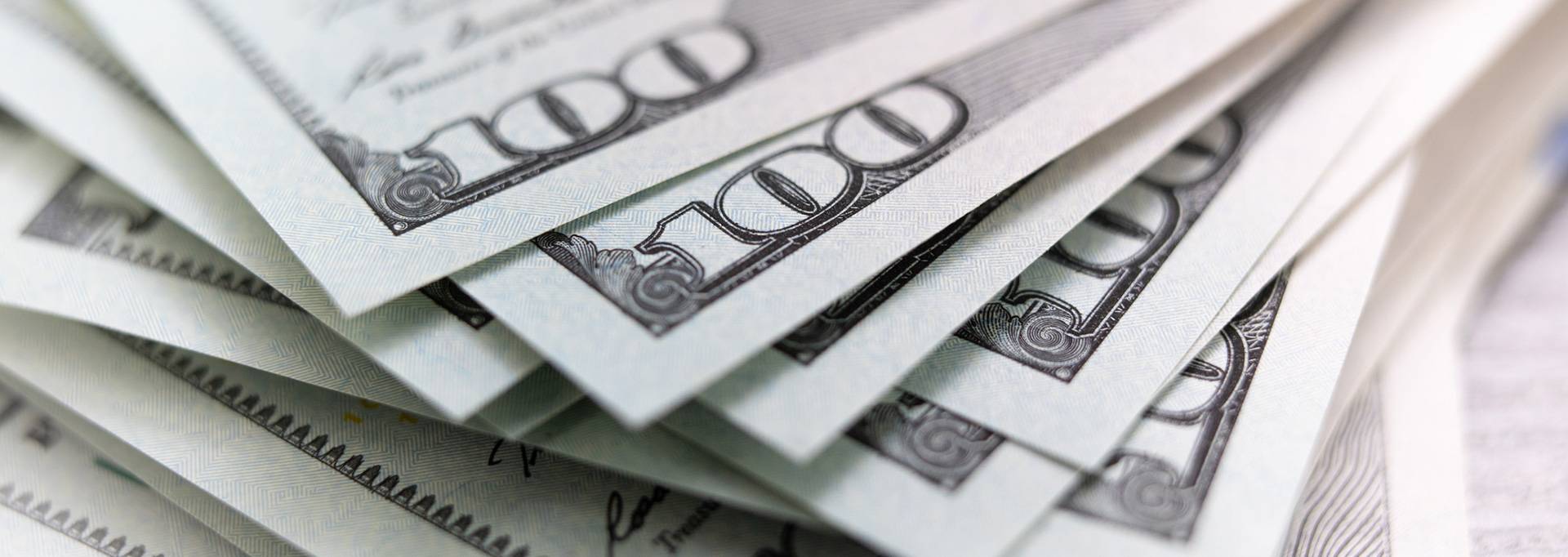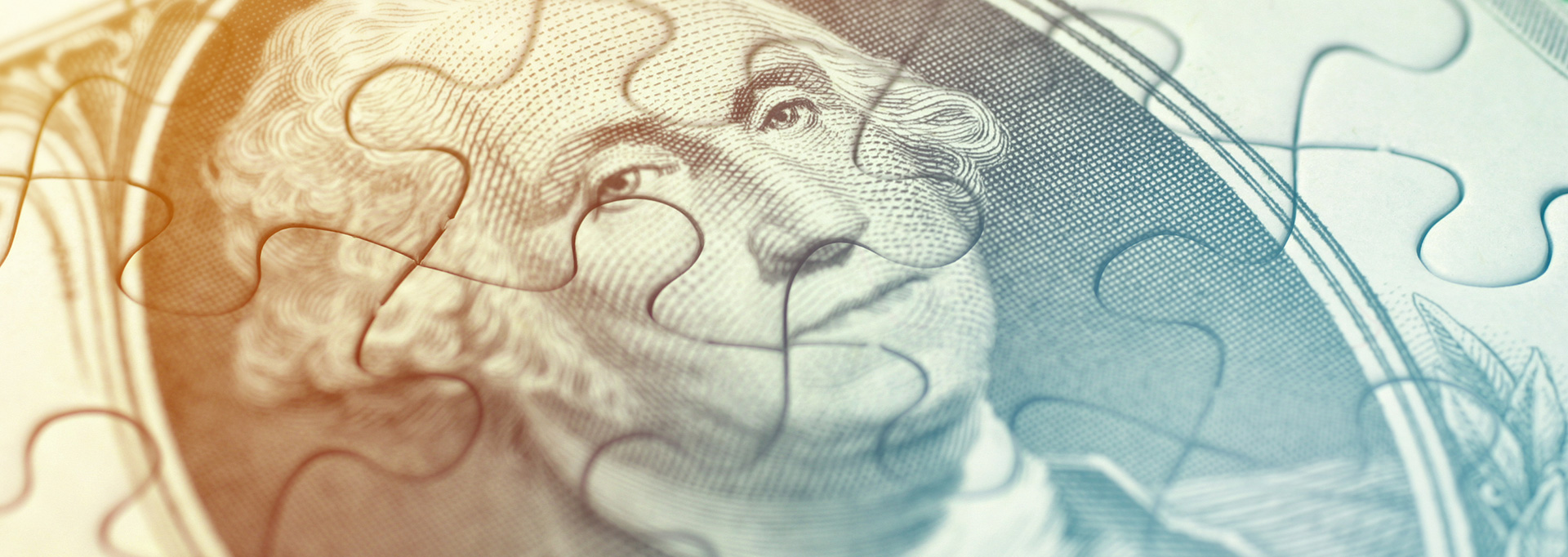Most products on this page are from partners who may compensate us. This may influence which products we write about and where and how they appear on the page. However, opinions expressed here are the author's alone, not those of any bank, credit card issuer, airline or hotel chain.
Many people rely on personal loans when they need financial assistance. But taking a personal loan comes at a cost — you'll need to pay interest charges and your credit score will take a hit if you don’t complete your monthly payments on time.
One way to cut down on the amount of interest you're paying out is to repay a personal loan early. However, there are benefits and drawbacks to doing so, as well as a few things to consider when taking this route.
Can You Pay Off a Personal Loan Early?

Yes, you can pay off a personal loan early. But some lenders do charge a prepayment penalty if your loans are paid off before the term ends. Prepayment penalties can vary by lender, and can be a percentage of the outstanding balance or a fixed fee.
If you find yourself in a position to either make additional loan payments or pay your loan in full before the loan term is complete, it's important to check the fine print or ask your lender before making extra payments.
Should You Pay Off a Personal Loan Early?
The general assumption is that paying off personal loans early is a good thing. Taking out a personal installment loan requires you to pay interest, so shelling out the extra money to satisfy the loan debt earlier could save you money in the long run.
However, there are some factors to consider before you do an early payoff.
- Interest Rate: If your lender is charging you a high interest rate, then it can make sense to pay off a personal loan early. But if your loan agreement comes with either a low interest rate or an affordable fixed-rate interest, then it could be beneficial to stick to your normal repayment schedule. A low-interest loan won't take much out of your pocket, and it also allows you to exercise financial flexibility towards other expenses.
- Prepayment Penalty: Some lenders and banks stipulate a prepayment penalty to mitigate their loss of profit when a borrower decides to pay off a personal loan early. The prepayment penalty amount varies from bank to bank, and can be charged as a percentage of your loan’s remaining balance or as a fixed fee. Check with your lender to see if there are any financial penalties to paying off a loan early.
- Other Debts: If you can afford to make extra payments on a loan, assess what types of debts you have and strategize on the best way to repay them according to their interest rates. Some consumers prefer to tackle high-interest debts first, such as from credit cards, then move on to lower-interest debts. Figure out a strategy that will save you the most in interest payments.
Before moving forward with a personal loan early payoff, find out first how much you're paying in interest and check your loan terms for a prepayment penalty. If you're being charged a high interest rate and have no prepayment penalty, it can be beneficial to pay off a personal loan early.
Pros & Cons of Paying Off a Personal Loan Early
Pros
- Pay less interest
- Reduce overall debt
- Improve debt-to-income ratio
Cons
- May need to pay a prepayment penalty
- May deplete cash reserves or emergency fund
- May lose out on credit-building opportunity
Early Loan Payoff Benefits
Paying off a personal loan early does have its advantages:
You Can Save Money on Interest
The only way to get rid of those high-interest rates is to pay off your loan early. While most lenders don't charge a prepayment penalty, some lenders do. But even with a penalty fee, you may still be able to save money in the long term since you won’t be paying interest anymore, especially if you obtained your loan at a higher-than-average interest rate.
You Get Rid of Extra Debt
If you're juggling multiple forms of debt, paying off your personal loan early can leave you with one less debt to worry about. Removing this debt from your plate can also free up your monthly budget to go towards other things, such as investments or saving up for an emergency fund. If you need to apply for another personal loan, getting rid of your previous loan can help improve your chances of qualifying for a second.
You Improve Your Debt-to-Income Ratio
Your debt-to-income ratio is the percentage of debts you have every month compared to your monthly income. Lenders prefer a low ratio because it can indicate strong financial responsibility.
When you want to improve your debt-to-income ratio, you would either lower your debts or increase your income. One way to lower your debt is to pay off a loan early. An improved debt-to-income ratio can have a positive effect on your credit and help you qualify for better loan terms in the future.
Early Loan Payoff Drawbacks
However, you should know that an early payoff may not gain you benefits every time, as there are a few drawbacks to consider.
You Might Incur a Prepayment Penalty
While most personal loans don't come with a prepayment penalty, some lenders may charge one if you pay off the loan early. If your loan agreement stipulates a prepayment penalty, do the computation first. It may not be worth it to pay off a personal loan early, especially if the prepayment penalty will cost you more than you would save in interest with an early payoff.
You Could Drain Your Emergency Funds
It might be tempting to pay off a personal loan early, but the reality is you may drastically deplete your cash reserves. You may end up in a bind when an emergency arises, or have insufficient funds for other debts. Before making an early payoff, ensure you still have more than enough money in your pocket to cover the loan repayment.
You Could Lose a Credit-Building Opportunity
People typically want to pay off their loans early to enjoy being debt-free while also improving their credit score. But that is not always the case, as an early payoff could may not always improve your credit score.
When you have a new personal loan, you're adding to the diversity of your credit mix and building credit with each on-time payment. But an early payoff will close that account and you'll miss out on the opportunity to build credit through each payment.
Tips to Pay Off a Personal Loan Faster

If you've weighed the pros and cons and decided that an early payoff will benefit you, here are some tips to help pay off your personal loan faster.
1. Do Extra Payments
If you have some money to spare, you can opt to make extra payments if your lender allows it. Adding extra payments here and there can accelerate the payoff schedule and steadily reduce the outstanding balance without eating up a lot of your funds.
2. Pay More Frequently
You could also ask your bank if they would allow you to increase the frequency of your payments. Instead of doing the traditional monthly payment, you could request a biweekly payment to help you finish paying a personal loan faster.
3. Make Use of Your Bonuses and Incentives
If your company gives you performance incentives and year-end bonuses on top of your base pay, you could use them to make a larger extra payment. This way, you’ll end up paying off your loan early and still keep your regular monthly budget intact.
4. Debt Consolidation
If you're paying multiple personal loans, one option is to consolidate the loans by combining them into one new loan. This works by taking out a new loan to pay off all the current loans, so you're left with only one loan to repay. Debt consolidation can make loans easier to manage all the different interest rates and minimize penalties when you fail to make on-time monthly payments.

Best Loans for Debt Consolidation & Credit Card Debt
Does an Early Personal Loan Payoff Make Sense for You?
Paying off a personal loan early can be a good thing for most people. But the decision will depend on what's more important for you. If you are someone who wants to build credit and would rather have your extra funds in savings or investments, then following your current repayment timeline may make more sense. But if you can comfortably afford to make extra payments and just want to get rid of your debt entirely, then an early payoff might be a better option for you.
Frequently Asked Questions
-
Paying off a personal loan early won’t necessarily damage your credit, but it may not increase it either. When you pay off a loan early, you’re missing out on opportunities to build a history of on-time payments and add diversity to your credit mix.
-
Yes. If you pay off a personal loan early, you will save more by no longer incurring interest charges.
-
Yes, banks and lenders will usually allow you to pay a lump sum off a personal loan. But some banks may charge a prepayment penalty if you pay off a loan ahead of time, so you might want to review your loan agreement first.
-
Yes, you can pay off multiple personal loans with a debt consolidation loan. You can prequalify with different lenders to see what types of debt consolidation loans and rates you qualify for.




